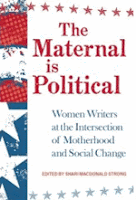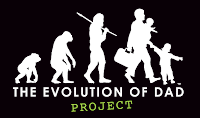Hey–there’s a nice quote from Stephanie Coontz in an article published in USA Today on Feb. 17, “Single and Now a Mom.”
“People feel more free to pick and choose their life trajectories and feel less compelled to marry,” says Stephanie Coontz, professor at The Evergreen State College in Olympia, Wash., and research director for the Council on Contemporary Families. “It’s a sea change.”
The article notes that nearly 40% of all American babies were born out of wedlock in 2006, an all-time high, government statistics show. That’s more than twice the rate in 1980, when 18% of children were born outside of marriage. The fastest-growing group of unwed mothers: women 25 to 29. The number of babies born out of wedlock to women in this age group was 10% higher over the course of one year (2005-06). About half of unwed mothers live with boyfriends.
And speaking of CCF, I’m busy reading the entries for CCF’s 2008 Media Awards while I’m away – fantastic reading, all!








